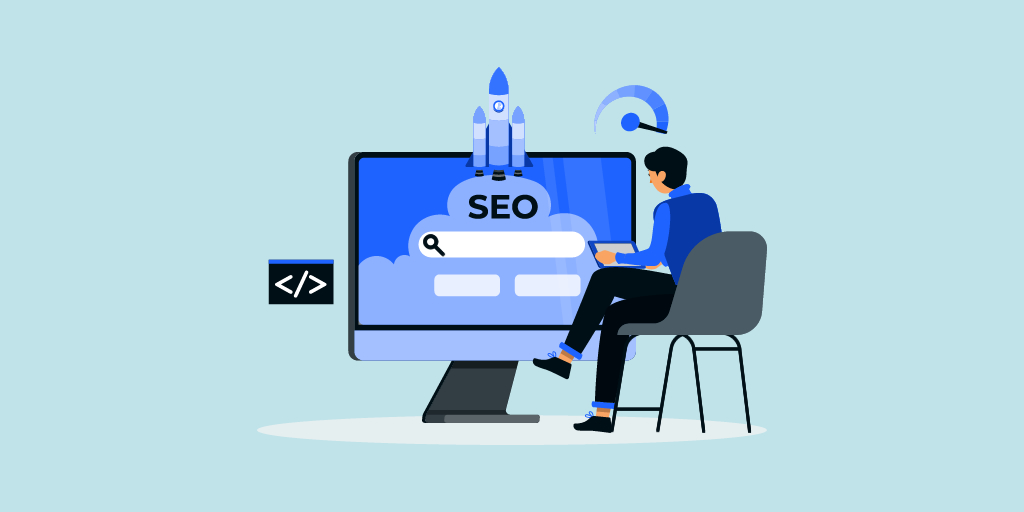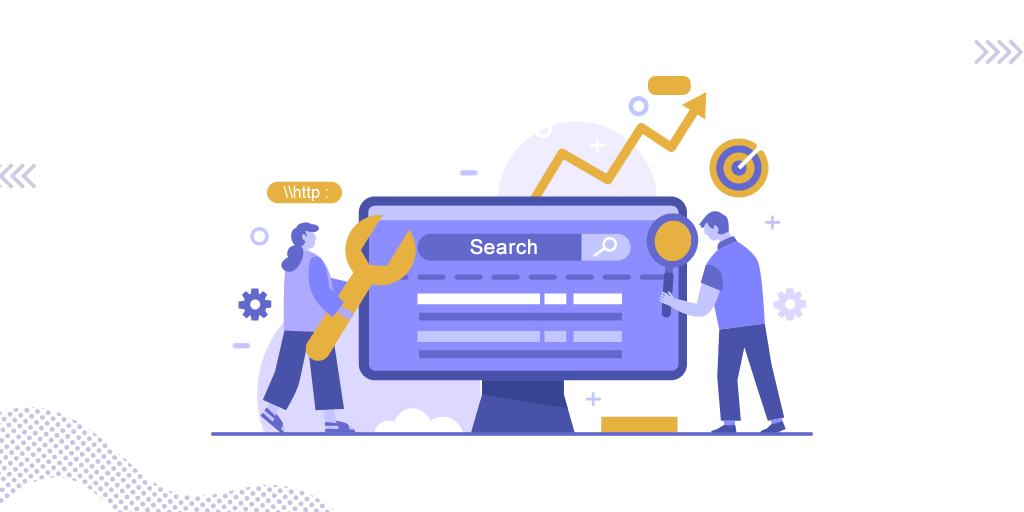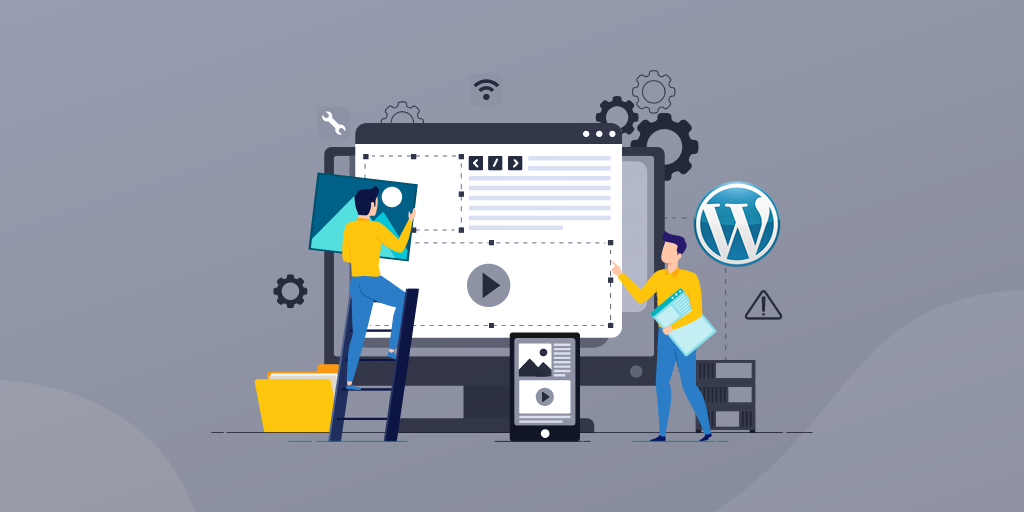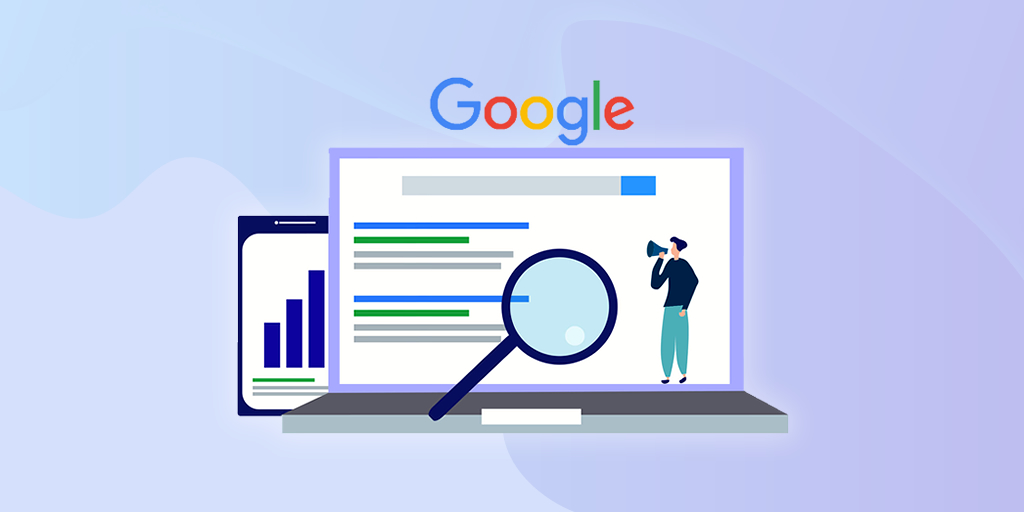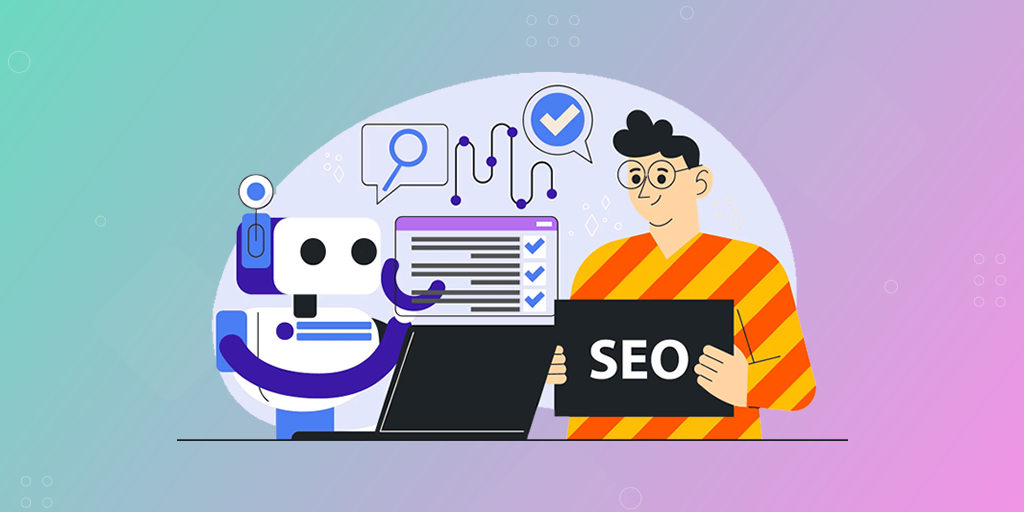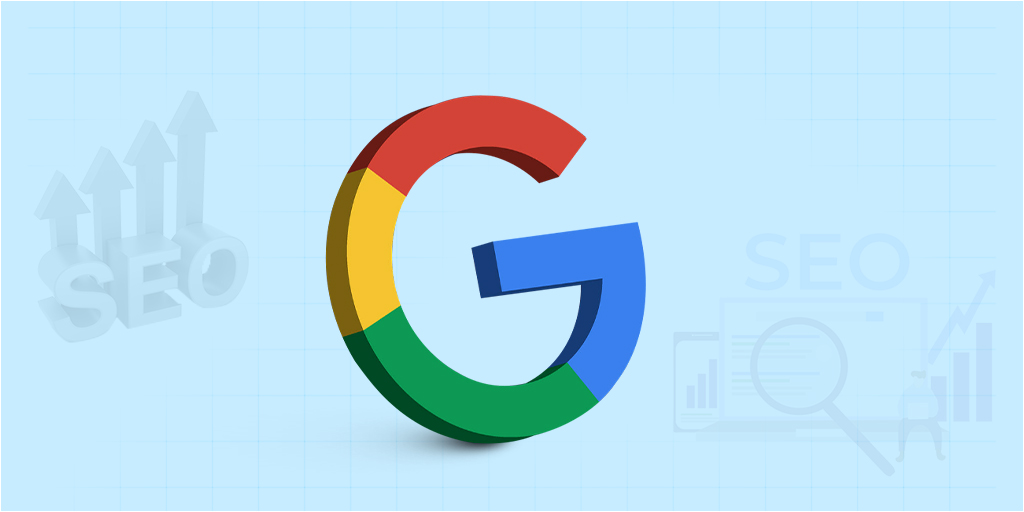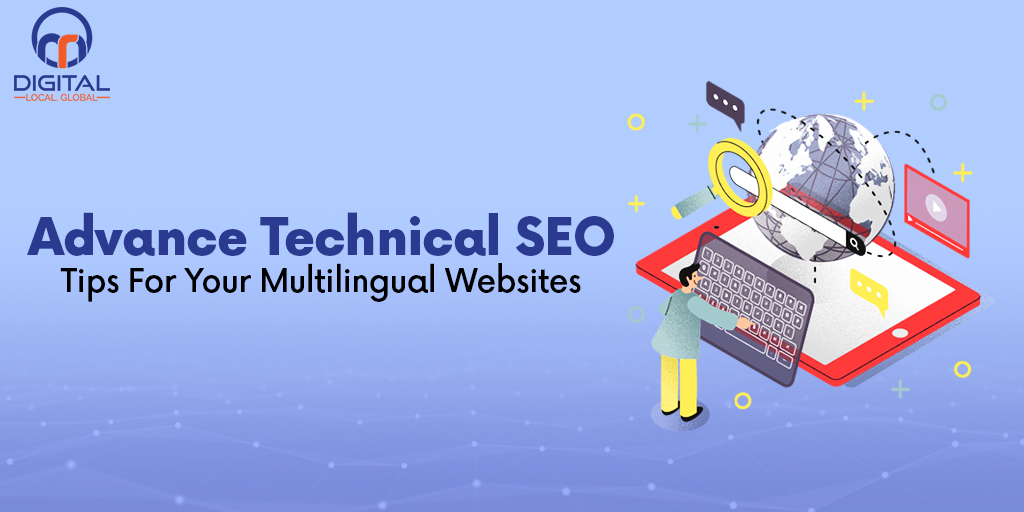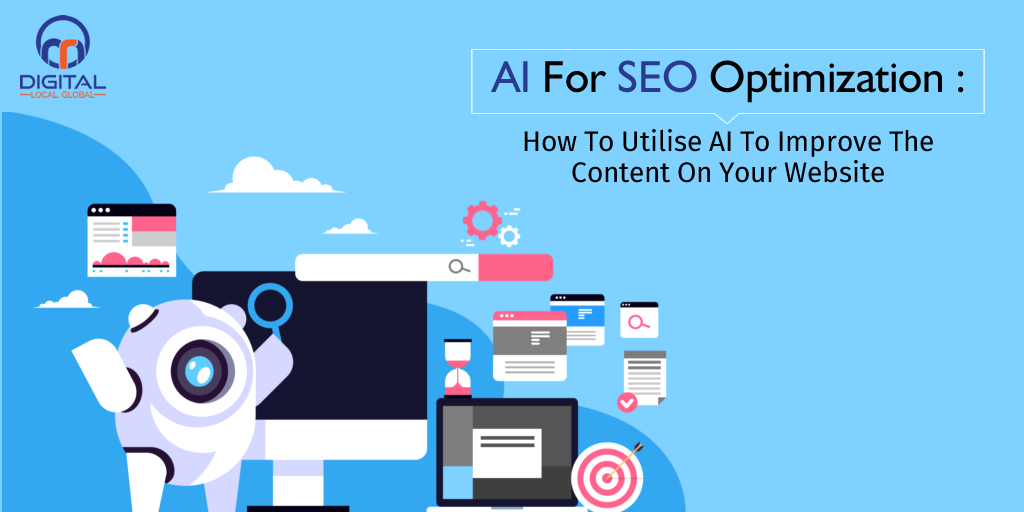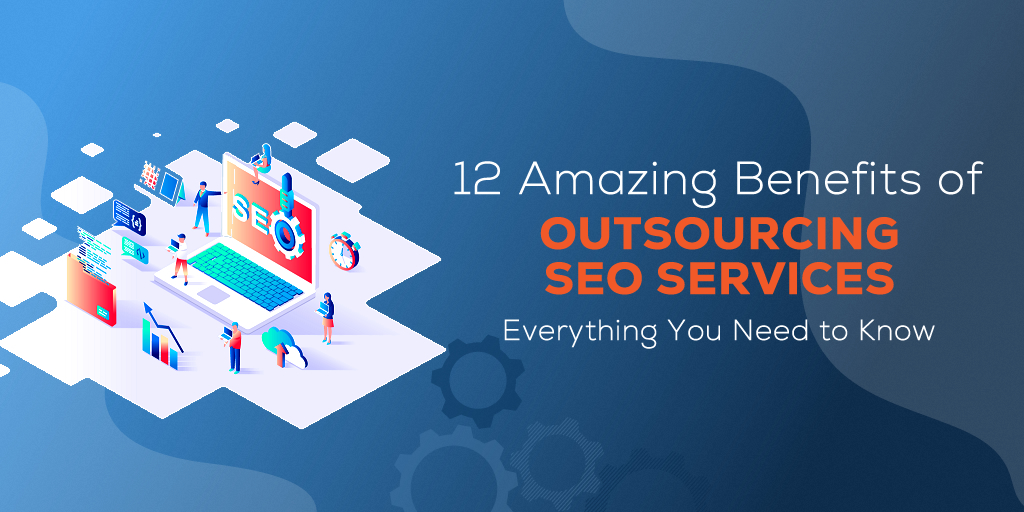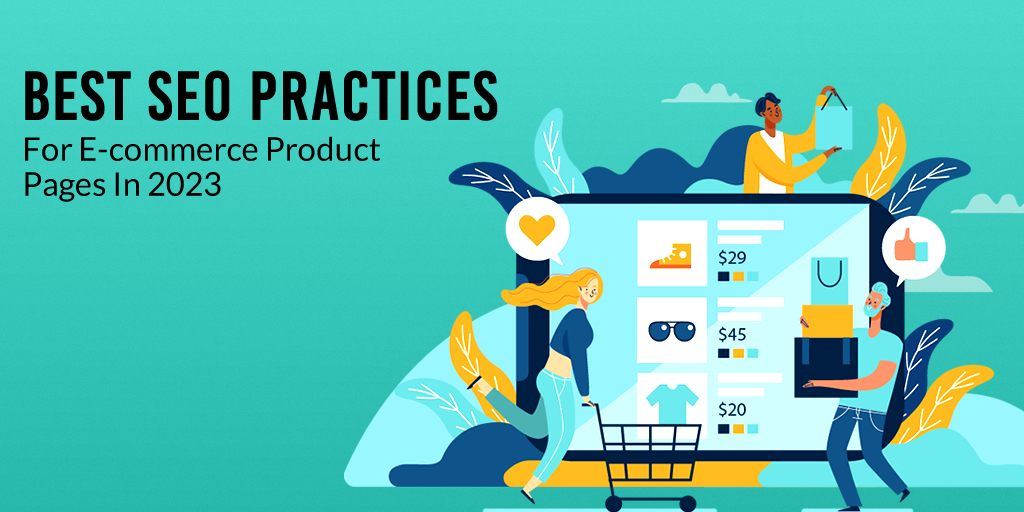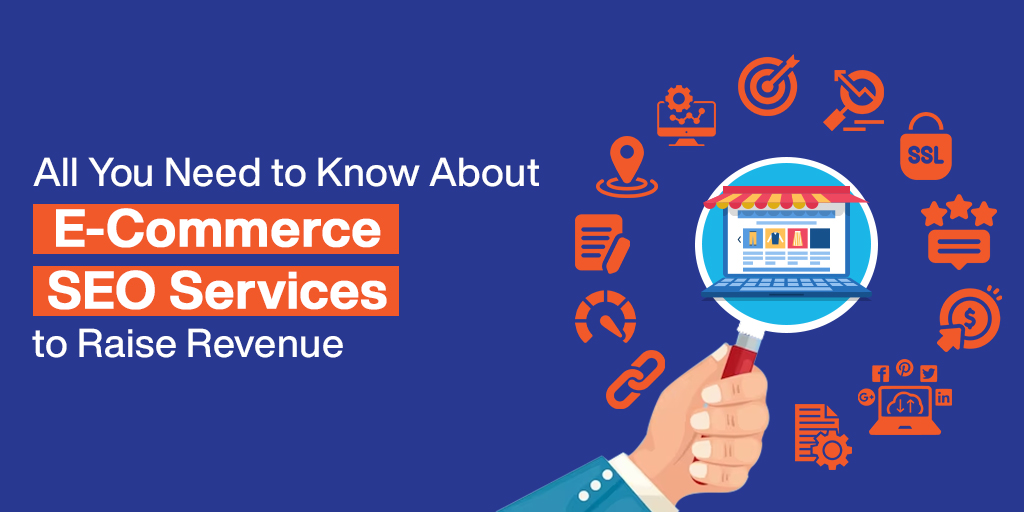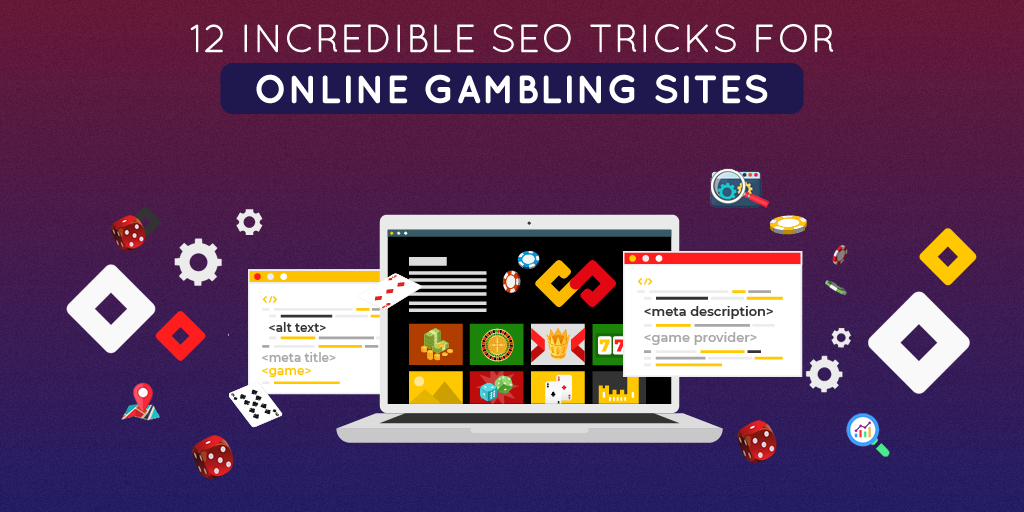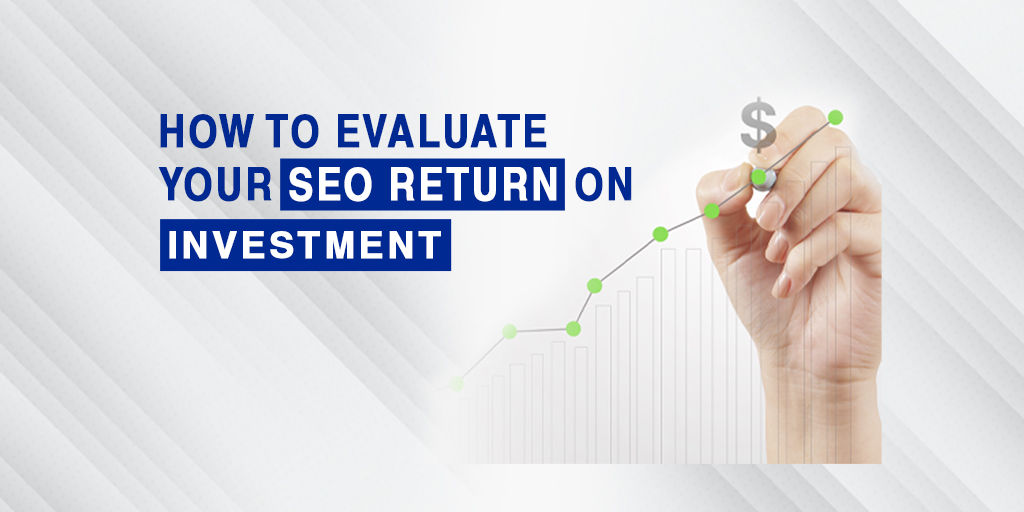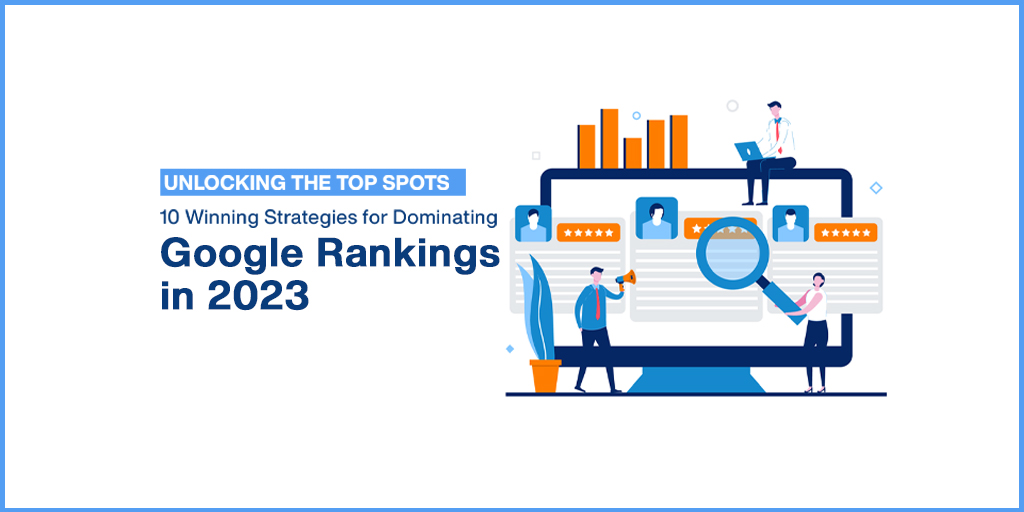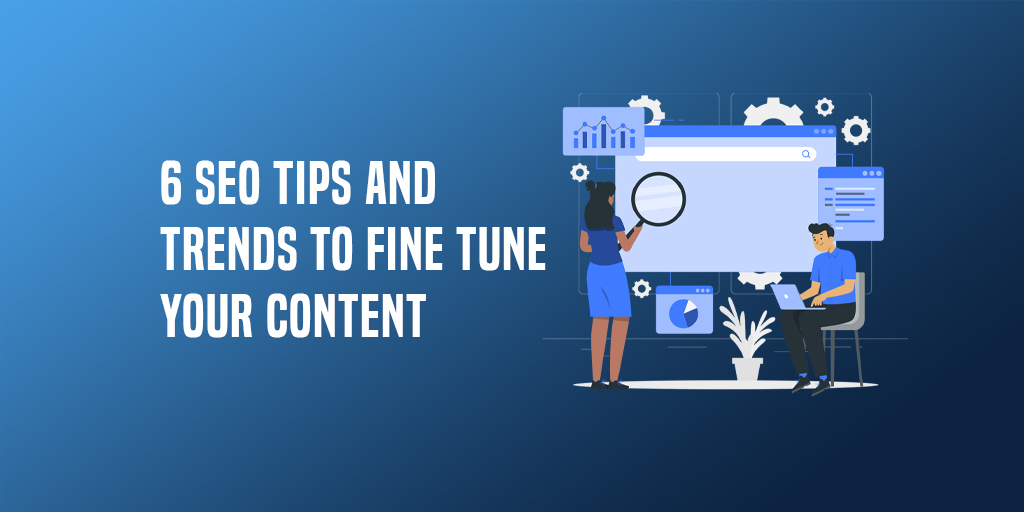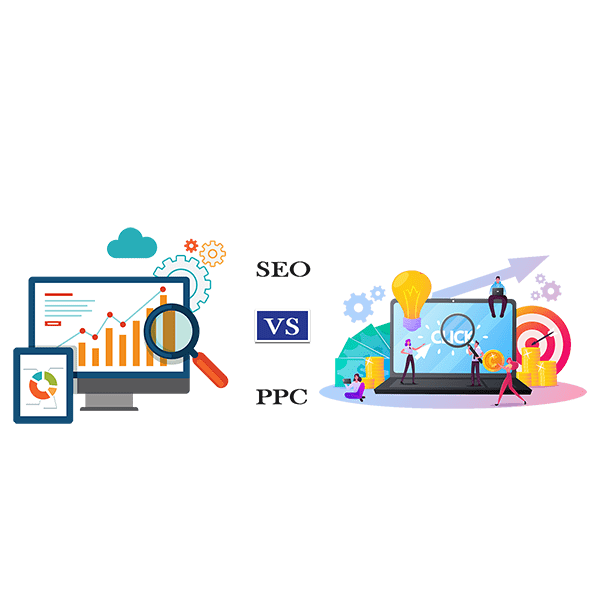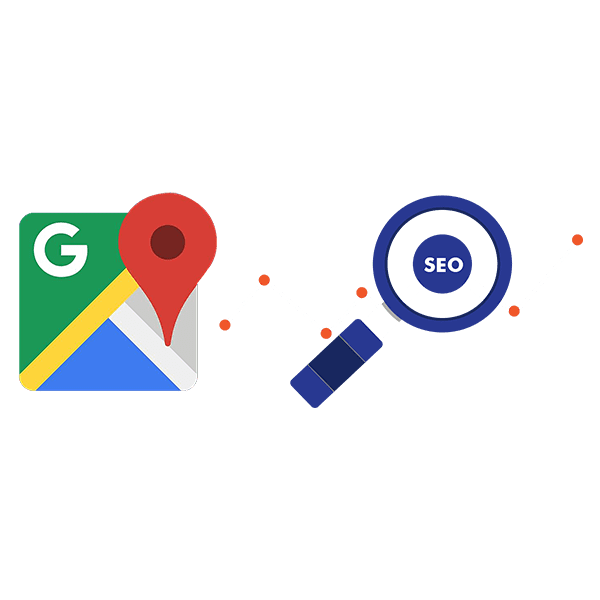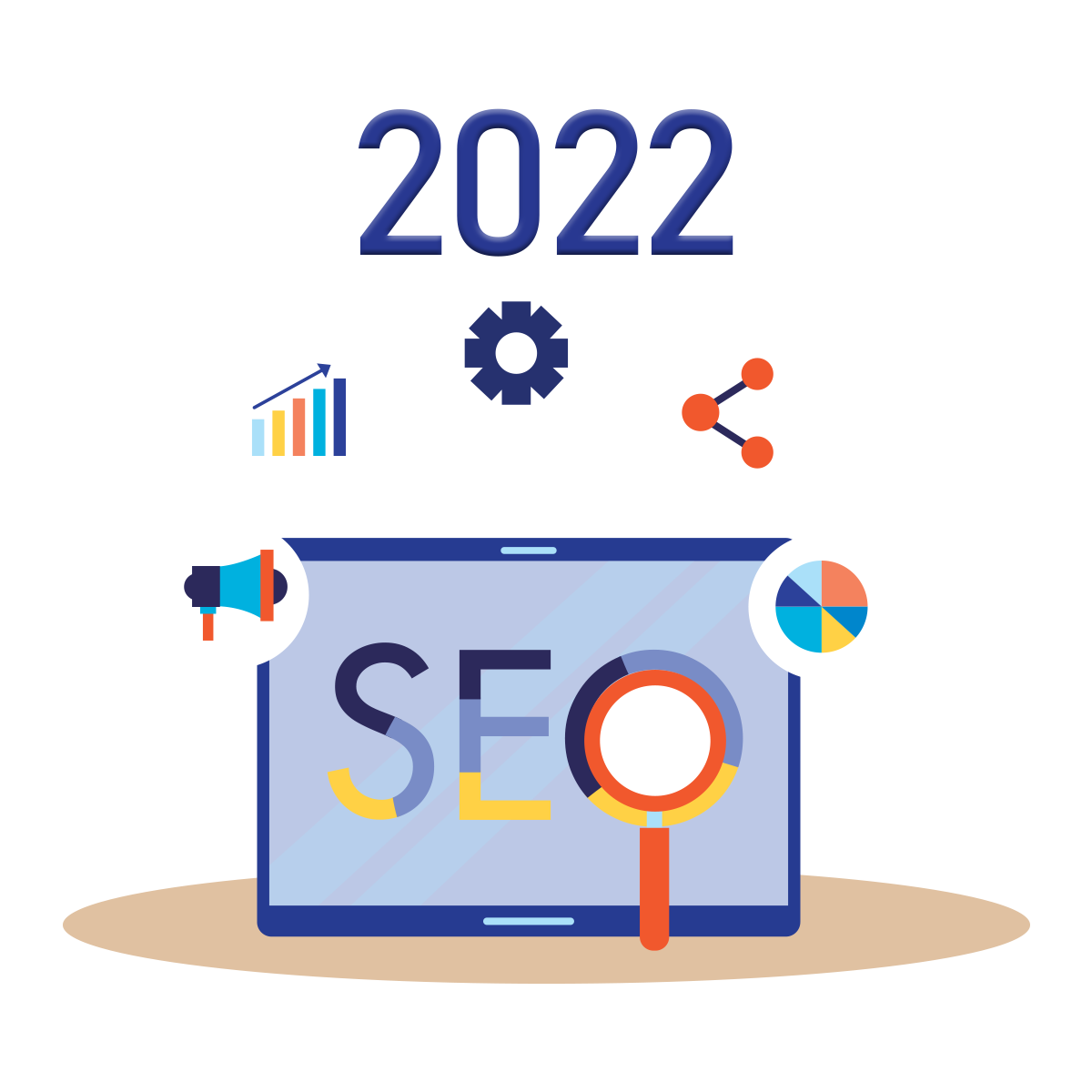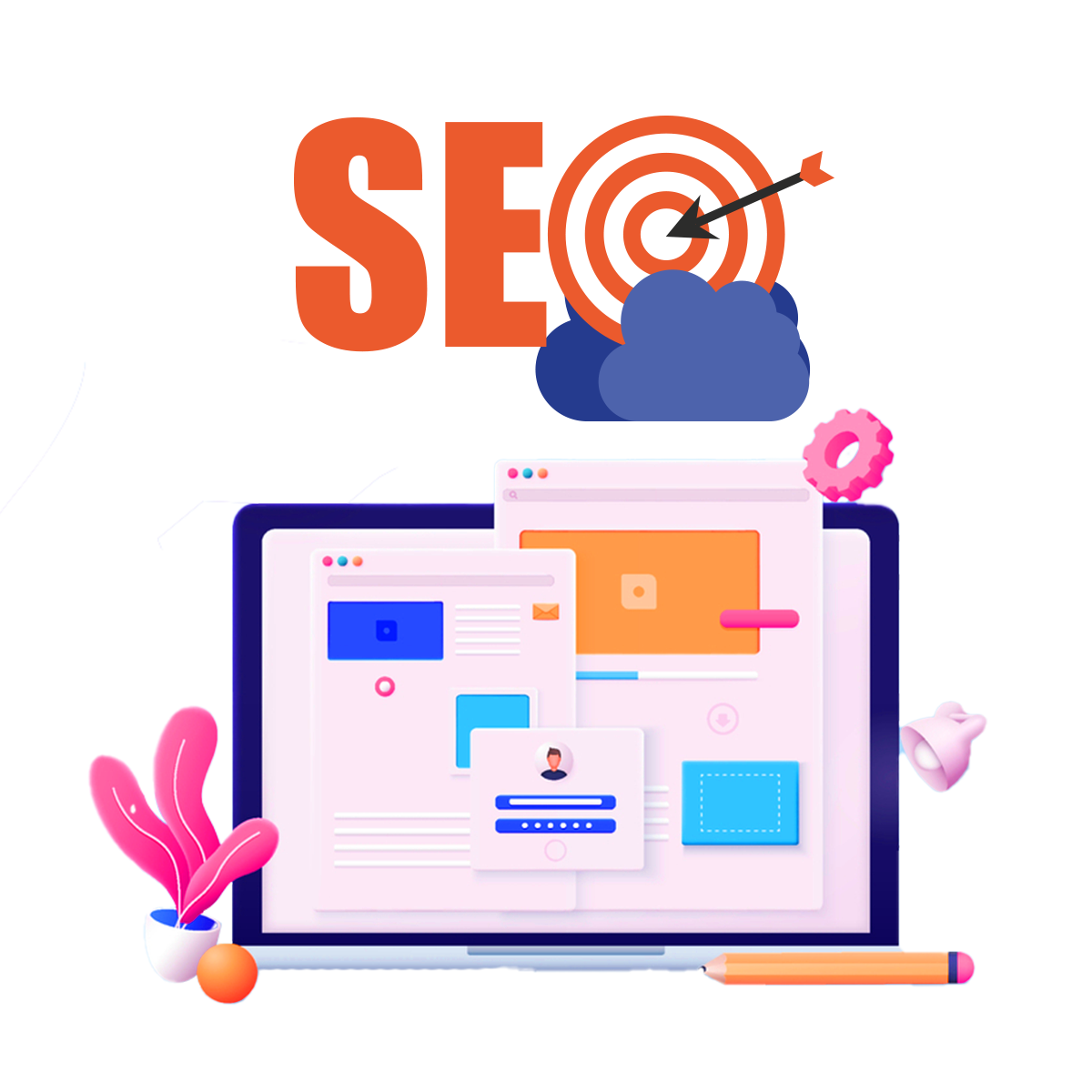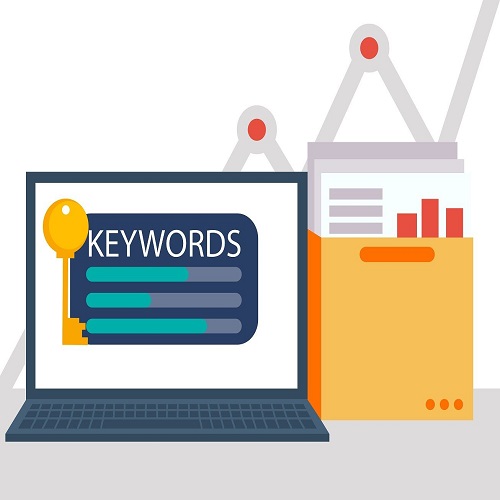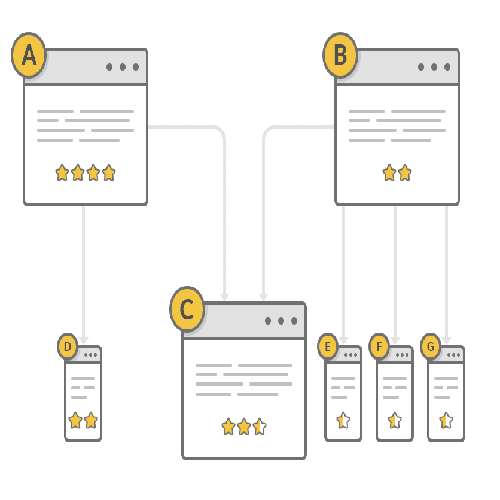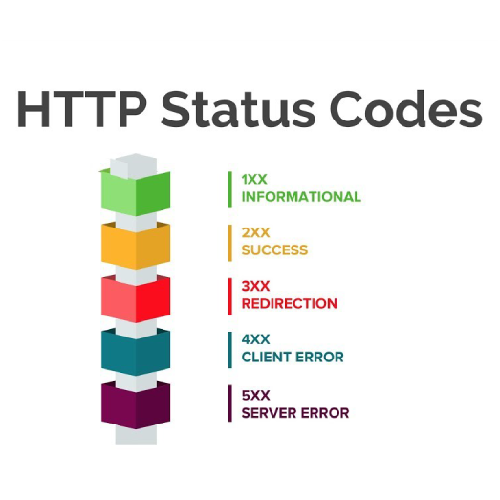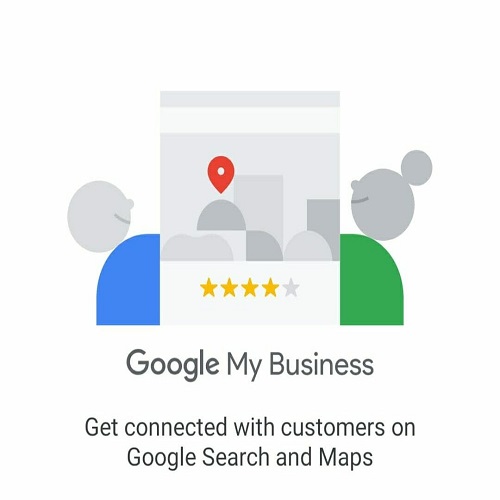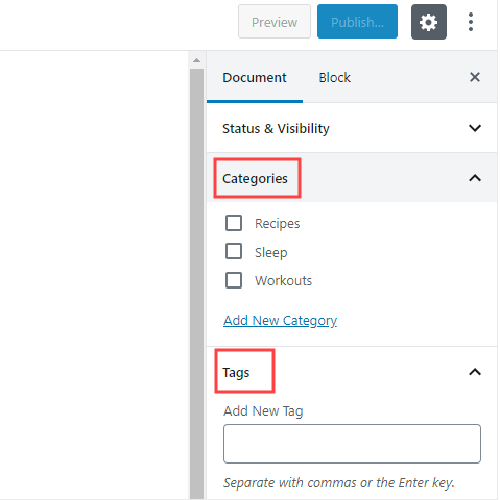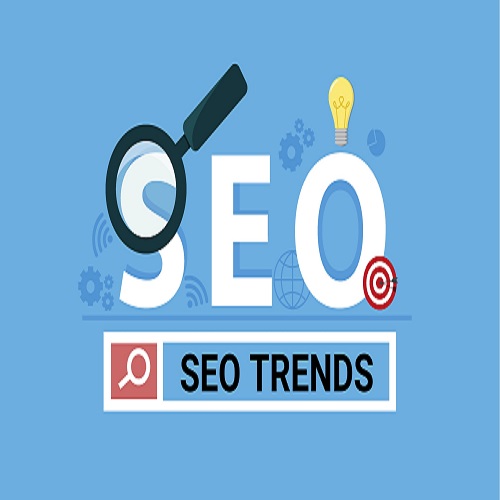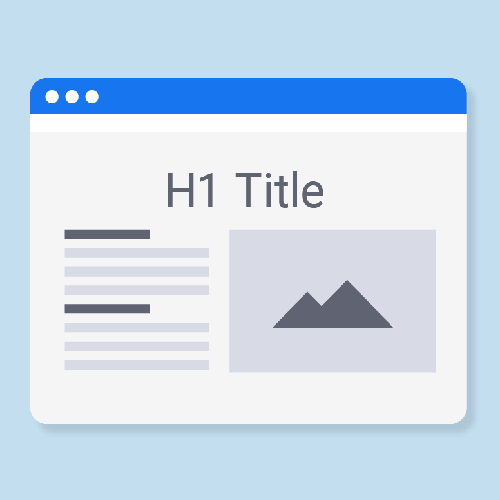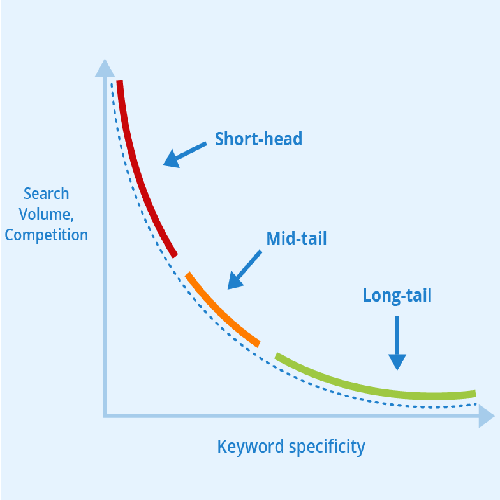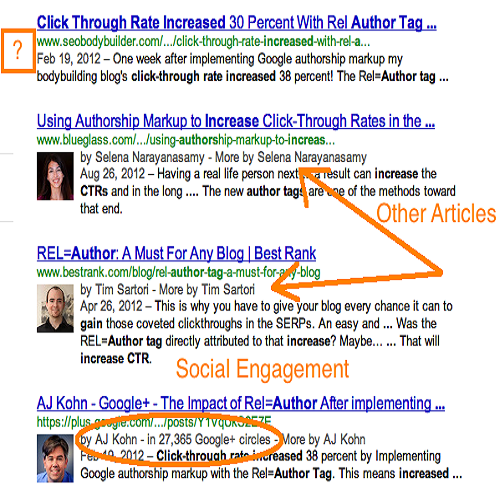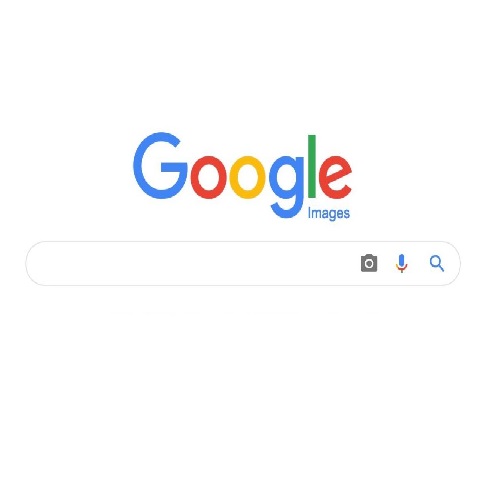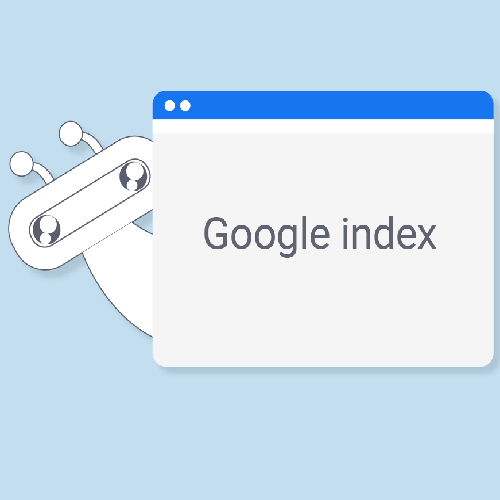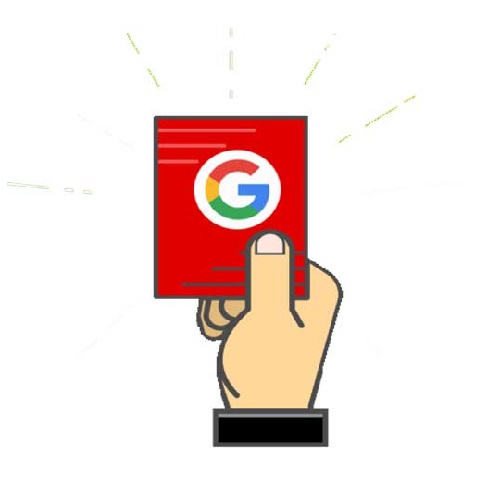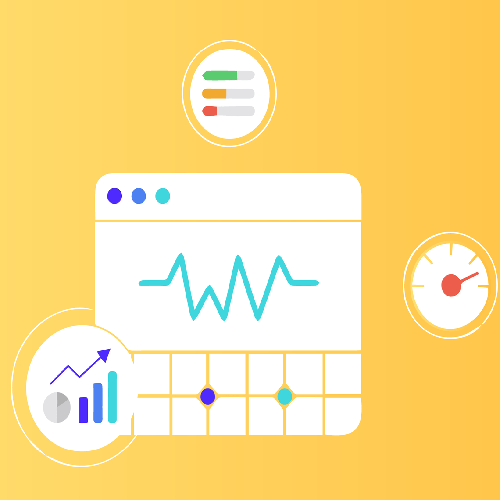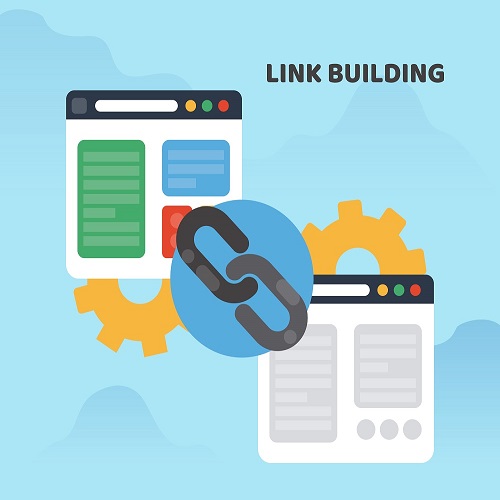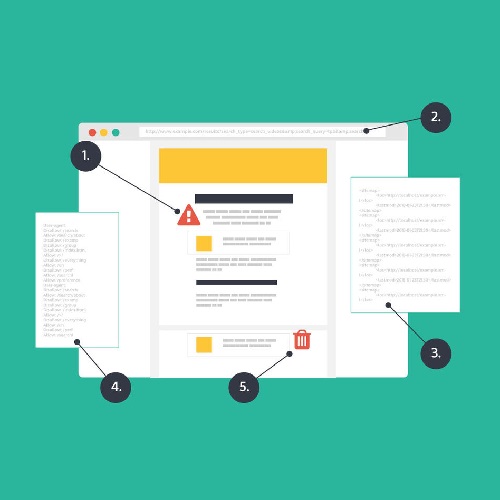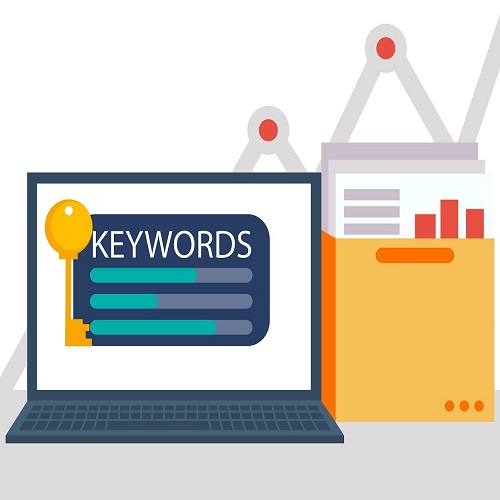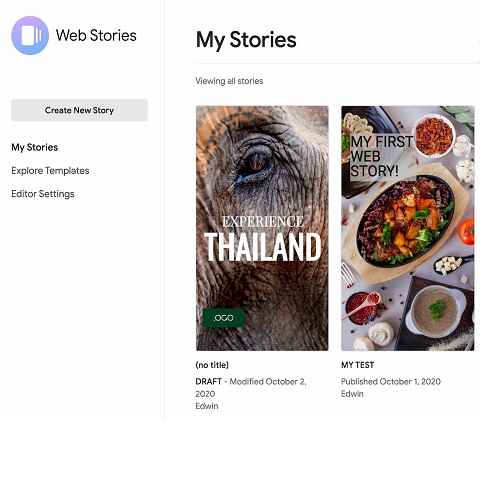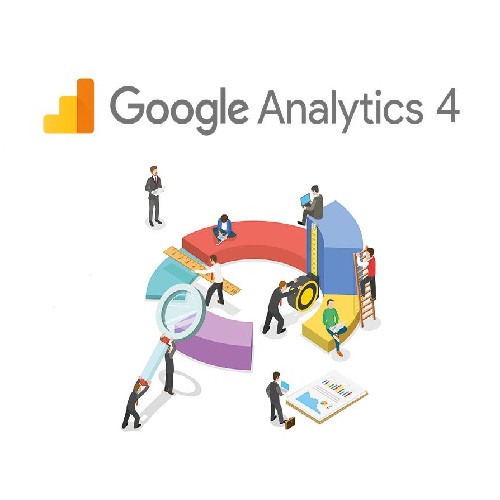Contact Us
Related Posts
Category

Businesses of all sizes, whether emerging startups or large organizations, are now recognizing the importance of online marketing, particularly through search engines.
Due to these realizations, companies are ready to invest large sums to stand out from competitors, attract more customers, and make sales faster. But these investments are only worth it when they are made into the right strategies. And when it comes to choosing the best strategy, a common debate arises among businesses:
SEO vs paid ads—which strategy deserves more attention in 2025?
With 68% of online experiences starting with a search engine, visibility across both organic and paid search results is crucial for businesses. Both SEO and paid ads are essential in building online visibility, but they operate in entirely different ways.
While one delivers instant visibility and quick results, the other builds long-term authority and organic traffic. Ultimately, both serve different purposes and goals.
In this comprehensive guide, we’ll break down the difference between pay per click vs seo by understanding their advantages and disadvantages. Plus, we will compare them side-by-side to help you choose the right strategy for your business in 2025.
Comparing SEO vs Paid Ads
When businesses weigh SEO vs paid ads, the focus shifts to how each strategy delivers visibility, traffic, and leads. Both approaches come with unique benefits and limitations, making them suitable for different goals. Before we compare them, it’s important to understand what these approaches are and how they stand out.
So, here are the basics of search engine optimization vs pay per click advertising for our comparison;
What is SEO?
Search Engine Optimization (SEO) is the process of improving a website’s visibility in search results by ranking higher to attract organic traffic. In the debate of pay per click vs seo, this strategy emphasizes building long-term authority and credibility rather than relying on immediate but temporary visibility through paid ads.
Businesses often turn to professional SEO services to handle the technical, creative, and analytical aspects of optimization. From keyword research and on-page improvements to link building and content strategies, SEO helps websites rank higher, generate steady traffic, and sustain growth without continuous ad spend.
Advantages of SEO
Consistent Organic Traffic: Unlike PPC advertising, SEO generates traffic consistently, ensuring continued visibility and engagement in the long term.
Builds Trust and Authority: SEO improves credibility since users perceive websites ranking organically as more trustworthy, fostering customer loyalty.
Long-Term Cost Efficiency: With effective SEO services, businesses can secure sustainable traffic and visibility without paying for each click or conversion.
Higher Return on Investment: SEO delivers strong ROI because optimized content continues to bring new visitors over time, offering consistent profits.
Disadvantages of SEO
Slow Results Timeline: SEO is a comparatively slower approach among SEO vs paid ads. It may take weeks or months to deliver measurable outcomes.
Continuous Efforts: SEO is not a one-time effort; it requires ongoing content updates, technical optimization, and monitoring to maintain competitiveness.
Less Control Over Targeting: In the comparison of pay per click vs seo, paid ads offer precise targeting, whereas SEO has limited control over audience reach.
Vulnerability to Algorithm Changes: Search engine algorithm updates can disrupt rankings, requiring businesses to adapt strategies quickly to sustain visibility.
What are Paid Ads?
Paid advertising is a marketing strategy where businesses pay to display their ads on search engines, social media, or other platforms. Unlike organic methods, it offers immediate visibility and measurable results, making it a popular choice among search engine optimization and pay per click in today’s fast-moving digital space.
Many businesses use pay-per-click or PPC advertising to drive targeted traffic quickly from search results, paying only when users click on their ads. This model allows precise control over budget, audience segmentation, and campaign performance, making it a flexible option for short-term goals or instant growth.
Advantages of Paid Ads
Instant Visibility and Traffic: Paid ads deliver immediate exposure on search engines and platforms, allowing businesses to reach potential customers quickly.
Highly Targeted Reach: PPC advertising allows targeting audiences based on different factors, ensuring campaigns connect with the right people at the right time.
Flexible Budget Control: Paid ads allow businesses to set daily or monthly budgets, giving them flexibility to scale campaigns up or down as needed.
Measurable Results: With detailed analytics, businesses can monitor ad performance in real time, helping them refine their PPC advertising strategies.
Disadvantages of Paid Ads
Continuous Investment: Unlike SEO, paid ads stop delivering results as soon as the budget runs out, requiring constant investment to maintain visibility and traffic.
High Costs in Competitive Niches: In industries with high competition, PPC advertising becomes expensive as businesses bid aggressively, driving up the costs.
Lower Trust: In the comparison of search engine optimization vs pay per click, users often skip ads and prefer organic listings, limiting ad credibility and trust.
Learning Curve: Managing paid campaigns requires expertise, time, and skills. Without proper optimization, businesses may end up wasting their budget.
SEO vs Paid Ads: Choosing the Right Strategy?
When evaluating search engine optimization vs pay per click, businesses often face a tough decision. Both approaches offer value, but their effectiveness depends on factors like cost, speed, and audience targeting. Comparing them across these key areas helps identify which strategy aligns best with specific business goals.
The following are some key factors to consider while comparing SEO vs paid ads and choosing the best one for your business;
Cost-Effectiveness
SEO is generally more cost-effective in the long run since traffic generated through organic rankings doesn’t require ongoing payments. While initial investments in optimization can be significant, the benefits of consistent visibility and traffic make SEO a sustainable, budget-friendly option for long-term marketing strategies.
Time to Deliver Results
With PPC advertising, businesses can achieve instant visibility as soon as campaigns go live. This makes paid ads particularly effective for product launches, limited-time offers, or when immediate traffic and leads are required. On the other hand, SEO requires time to deliver measurable results, sometimes several months.
Long-Term Sustainability
SEO offers sustainability, with optimized content and backlinks continuing to generate visibility over months or years. Unlike paid ads, which disappear once the budget runs out, SEO can deliver ongoing benefits, making it ideal for businesses seeking consistent, long-term traffic growth without continuously investing.
Audience Targeting
PPC advertising allows precise targeting by demographics, interests, device, and location. This level of control ensures businesses reach highly relevant audiences, maximizing ROI and eliminating waste. In contrast, SEO focuses more on ranking for keywords, offering less immediate control over who sees the content.
Credibility and Trust
In the debate of SEO vs paid ads, organic results often carry more trust, as users perceive them as unbiased and authoritative. Studies show that many users skip over paid listings, preferring to engage with businesses that earn visibility naturally through search optimization rather than those that pay to get to the top.
Campaign Flexibility
Paid ads provide the advantage of flexibility, allowing marketers to pause, edit, or scale campaigns in real time based on requirements and results. This adaptability makes paid ads ideal for testing strategies, adjusting to trends, or refining messages quickly, something that SEO cannot offer due to its slower response.
Combining SEO and Paid Ads for Best Results
When it comes to comparing SEO vs paid ads, the real opportunity lies not in choosing one over the other but in combining both. SEO provides sustainable, long-term growth, while paid ads deliver instant results. Together, they create a powerful mix of credibility, visibility, and consistent lead generation.
In the discussion of pay per click vs SEO, businesses don’t have to view them as competing strategies. Instead, integrating both allows for short-term wins through ads while building long-term organic authority through SEO. This balanced approach ensures adaptability, stronger brand presence, and maximum ROI for businesses.









































